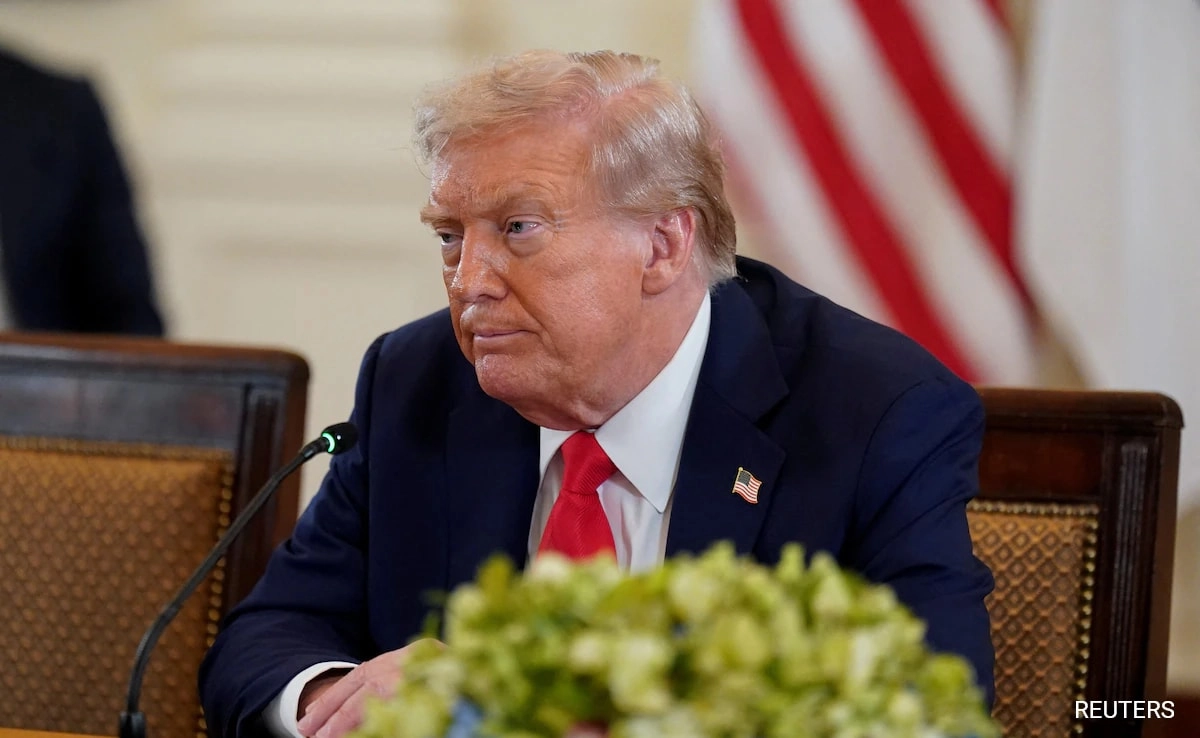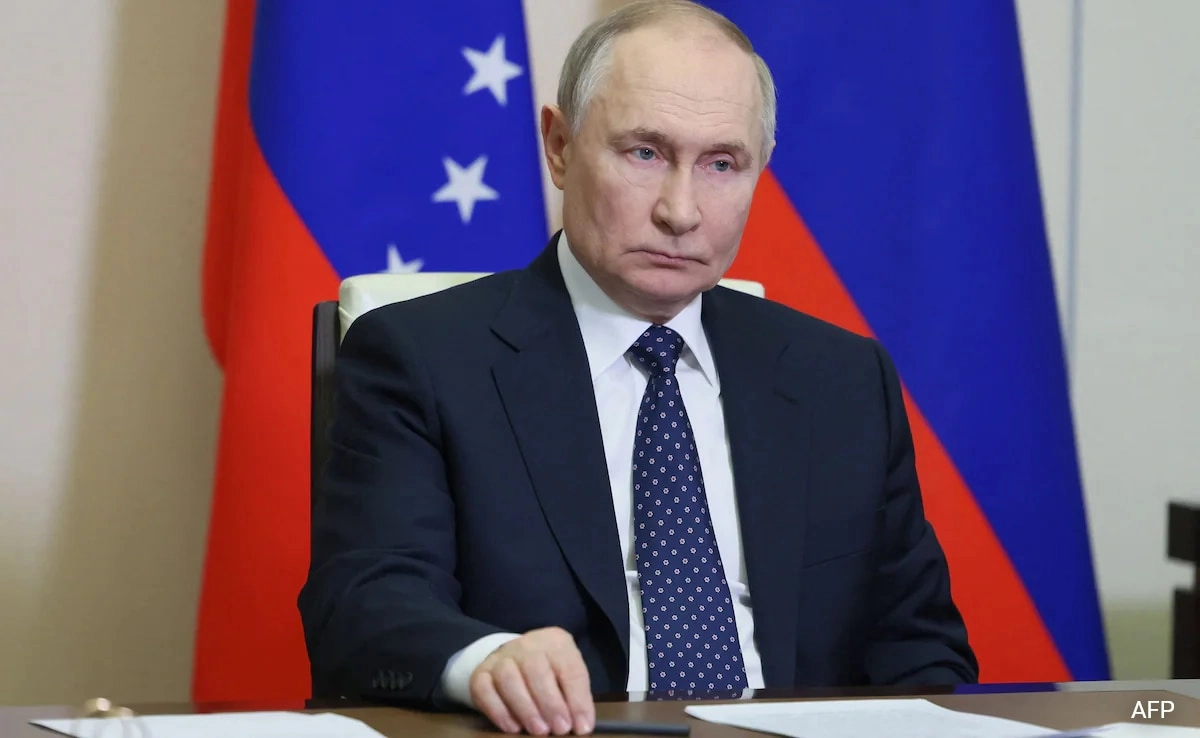Donald Trump’s political journey has been nothing short of remarkable, transforming from an outsider to a central figure within the Republican Party. Initially, his foray into politics was met with skepticism, as many party stalwarts viewed him as an unconventional candidate, lacking the traditional political pedigree. In the 2016 election cycle, he positioned himself against the established Republican establishment, running a campaign that resonated with a significant portion of the electorate disillusioned by mainstream politics. His brash style, populist rhetoric, and promise to “Make America Great Again” appealed to voters who felt ignored by career politicians.
As Trump gained traction, he disrupted the Republican status quo, effectively reshaping the party’s identity. His willingness to challenge political norms and confront party elites allowed him to cultivate a devoted base of supporters. These followers were drawn to his unfiltered communication style and his focus on issues like immigration, trade, and national security, which he argued were being mishandled by traditional politicians. Trump’s rise was marked by a series of contentious primaries, ultimately leading to his nomination as the Republican candidate for the presidency in 2016. His victory not only shocked the political establishment but also signaled a significant shift within the party itself.
Fast forward to the present, Trump has become a defining figure in the Republican Party, with his influence extending far beyond his presidency. Many of the party’s current leaders and candidates echo his policies and rhetoric, indicating a profound ideological shift. Trump’s endorsement has become a coveted asset for Republican candidates, underscoring his lasting impact on the party’s direction. The once outsider status he held has now been replaced by a position of power, as he continues to wield significant influence over party dynamics and voter sentiment. This transformation illustrates a broader trend within the Republican Party, as it grapples with its identity and the ongoing challenge of balancing traditional conservative values with the populist wave that Trump has helped to foster.
As the party moves forward, it faces the challenge of reconciling its past with the new direction that Trump has charted. His ability to mobilize voters and reshape the political landscape has created a new paradigm, one that prioritizes loyalty to his brand of politics over traditional party unity. This evolution raises questions about the future of the Republican Party and its ability to appeal to a diverse electorate, as it navigates the complexities of Trump’s legacy. The shift from outsider to party leader underscores not only Trump’s personal journey but also the changing landscape of American politics, where populism and outsider status can redefine the very fabric of established political institutions.




